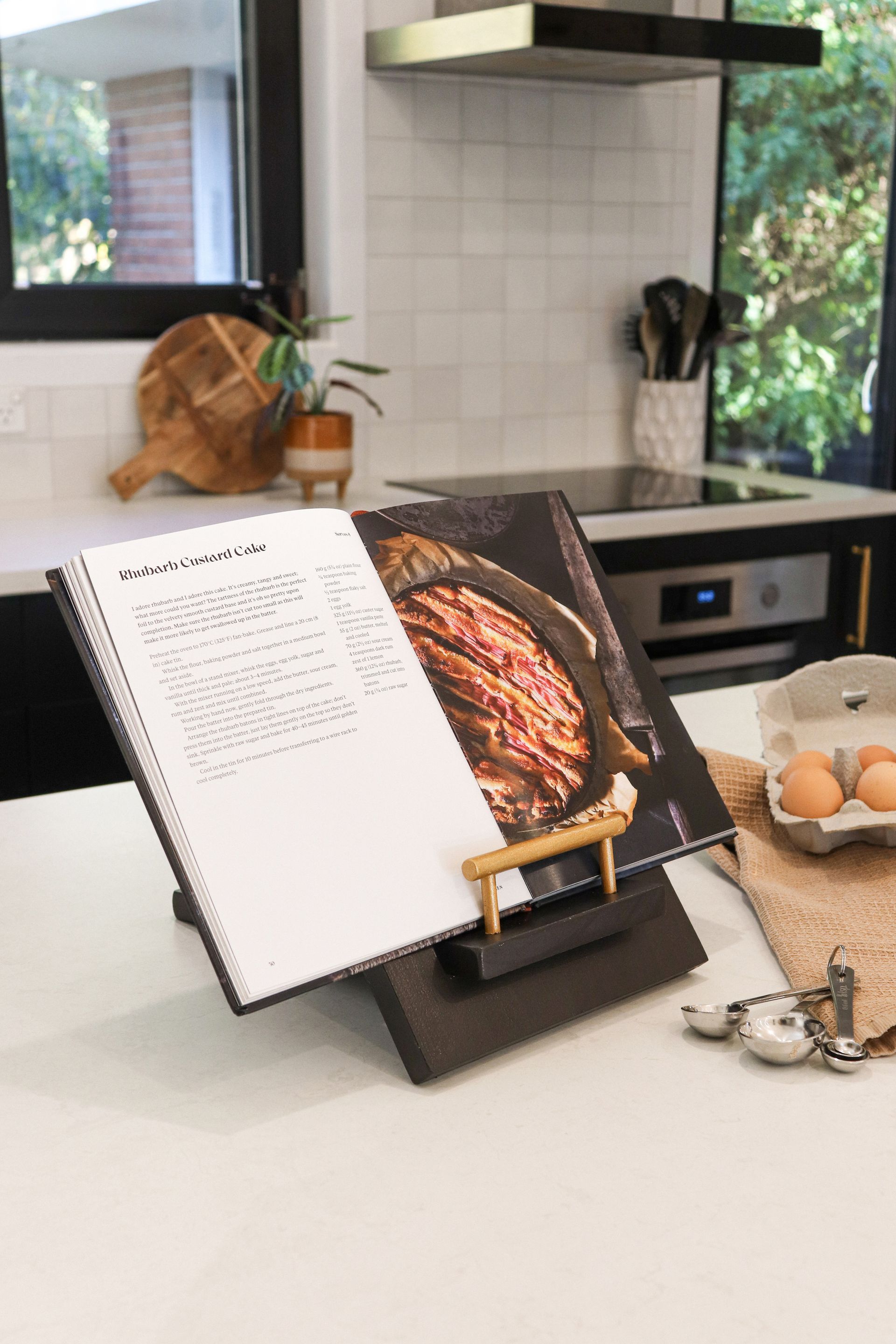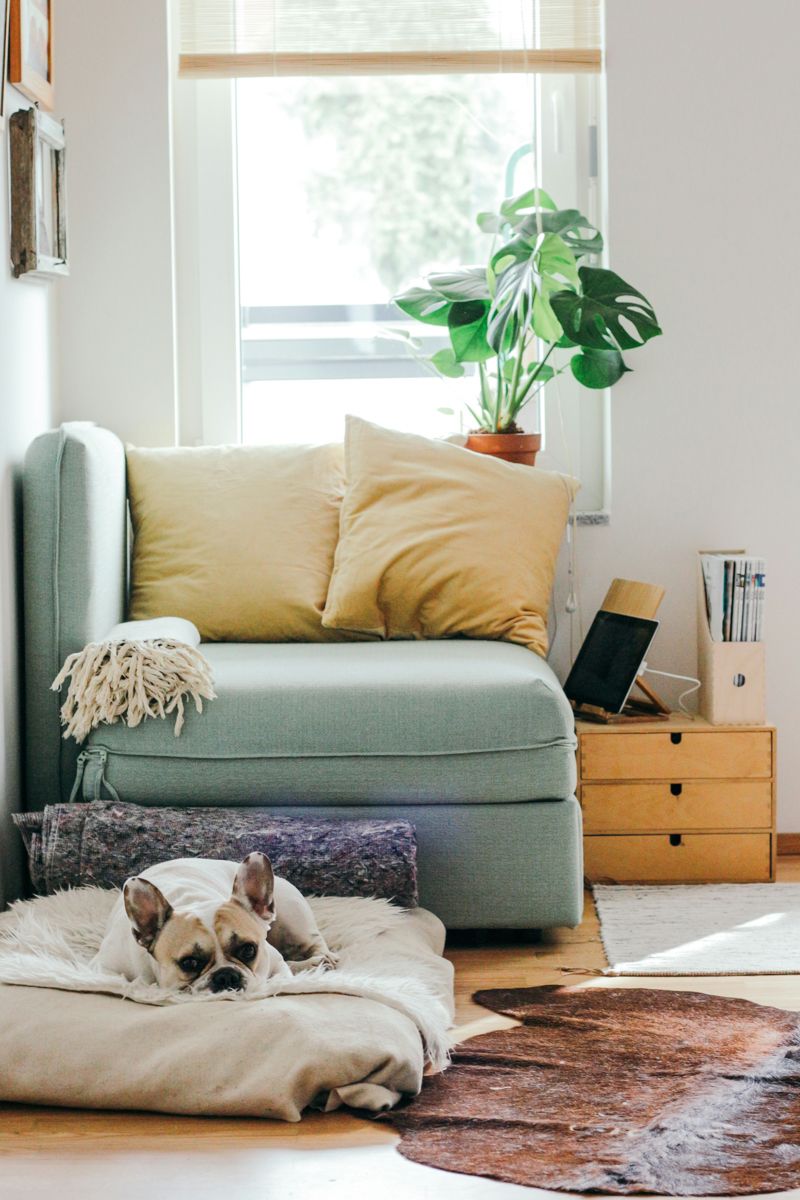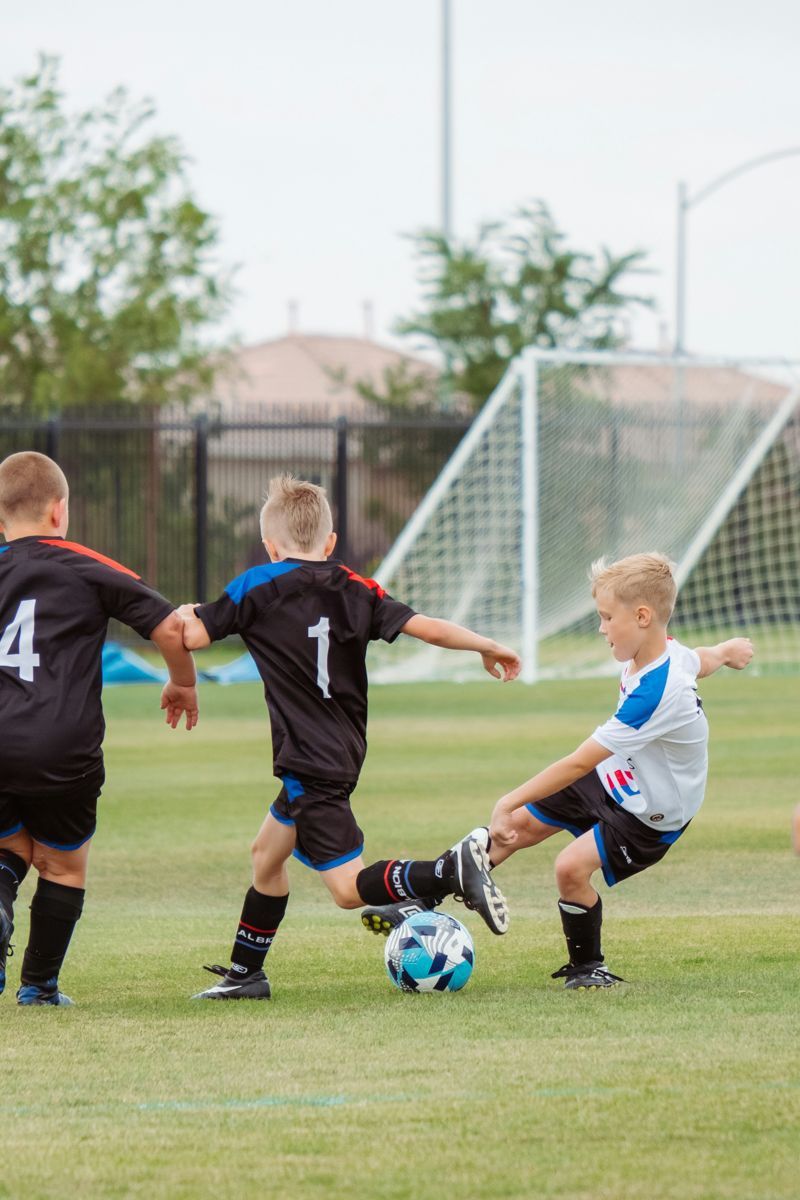The arrival of your first child is a life-changing moment for any new parent. However, when Fiona McKenzie’s daughter, Claudia, was born 24 years ago, Fiona’s life distorted into something barely recognisable. Thrust into a world of disability, Fiona, together with partner Steve Sutcliffe and later son Jasper Sutcliffe, have fought hard to provide Claudia with an ordinary life.
Claudia Sutcliffe was diagnosed with a rare chromosomal disorder, Partial Trisomy Chromosome 12, and more recently, autism. Saved at birth by the medical profession, Claudia was handed to her parents Fiona McKenzie and Steve Sutcliffe and they took their beautiful baby home to a world they quickly discovered is poorly equipped to truly accommodate disability.
It was a far cry from the life Fiona had been living. Until Claudia arrived, Fiona had been directing a television show, flitting between Auckland, Wellington and Rotorua, and blissfully unaware her child was anything but ordinary, a phrase she uses when describing people without disability. ‘Please don’t say normal,’ she implores.
Prior to children, Fiona’s career started with a ballsy cold call. Walking off an Ōtepoti Dunedin street and into the manager’s office of radio station 4XO, her Bachelor of Education complete, and unmotivated by teachers college, Fiona laughs that, ‘I liked being on Radio Caroline when I was at school and thought that might be enough.’ Luck and timing saw her start as promotions assistant the following Monday. Fiona’s journey in media had begun.
Fiona’s CV reads like a trip down memory lane. She wrote for the iconic children’s television shows Play School and What Now, the latter affording her an opening into directing. ‘I wanted to direct the stories, not just write them,’ she explains. Following a stint abroad Fiona worked as a journalist in the newsroom at CTV, covering self-described ‘fluffy stories’ and celebrity interviews.
While working at CTV, Fiona was also moonlighting as a scriptwriter for TVNZ and in her late twenties she was accepted into a prestigious trainee writer/director programme with Auckland-based South Pacific Pictures. The youngest director and the only South Islander, Fiona loved it all. Freelancing with numerous production companies on a variety of programmes was an exciting period of life for her. Shows she directed or wrote included a stint directing long-running soap Shortland Street, directing comedy series Letter to Blanchy and non-fiction series Epitaph. It was a heady time of contracts, dates, variety and outcomes, a lifestyle that suited Fiona’s focused drive and passion. ‘It was only a few years but so much fun,’ she enthuses. ‘I love a project and I like finishing it.’ However, Fiona concedes, ‘Freelancing is a terrible option in many ways with no security and it’s still not very woman- or family-focused.’
While Fiona’s professional career stalled with the arrival of Claudia, it didn’t stop. There was the 2009 film China Cup, a locally made feature she directed in Geraldine, reminding her how much fun filmmaking can be. However, 2020 saw Fiona begin her own projects, writing and directing the award-winning narrative short film Peninsula, which premiered at Tribeca (New York). It’s a wonderfully engaging film with uncomfortable tension between complex characters. Keeping it in the family, her own son, Jasper, plays the role of the son.
Recently, Fiona was selected for the 2022 Emerging Women Filmmakers Incubator. Overseen by the Directors and Editors Guild of Aotearoa New Zealand, Fiona admits, ‘Emerging feels weird at my age but while it’s exhausting and logistically difficult attending workshops in Auckland, I’m excited to be reinvigorating my career and removing any excuses for not still giving it a bash.’
Because Claudia has impacted her life and career path, some of Fiona’s most emotionally connected work has been with the Inclusive Performance Academy of Canterbury. It’s a place for people with disability to perform and be heard, a concept that came about following a revelation when Fiona was filming for an IHC project. Recounting the moment, Fiona explains, ‘Margaret started talking about her childhood. By the end her support worker was in tears hearing things she’d never known about Margaret. We just don’t ask people. We always expect them to be an audience but everyone’s got stuff to say!’
Impassioned, Fiona speaks about the idea that exposure to the arts is enough for people with disability. ‘It’s not – participation is everything.’ She is equally adamant people need to work towards an outcome, not endless exercises. Establishing the Inclusive Performance Academy in 2020, Fiona runs the performance skills classes which incorporate literacy and numeracy, devising stories, writing and choreography, acting and dance. The Academy allows them a place to explore issues, somewhere to fully belong and a space that gives them voice. ‘That’s the point of it all,’ she says.
Twice a year the Academy produces a performance like no other and in mid-2022 the cast performed to a packed audience at The Piano in central Ōtautahi Christchurch. Back to the Future 4 Warned was a whirlwind of creative exuberance devised entirely by the cast and directed by Fiona. Inspired by the 1980s hit film Back to the Future, the show featured music, dancing, singing and solos. It told of the fight against Covid-19, featuring Marty, Jennifer and Doc as well as appearances from a teenaged Ashley Bloomfield and Siouxsie Wiles. There were ghostbusters, kung foo fighters, greatest showmen and even Darth Vader. On paper, it seems bonkers but it was brilliant, the creativity and confidence was inspirational and the cast dazzled under the spotlight. It was their moment to shine and they did.
Twenty-four years of loving Claudia has been a life-changing, time-consuming, financially compromised and exhausting experience for Fiona and Steve. There have been the battles for inclusive education, a meeting when they overheard themselves described as ‘vexatious parents’ and 24 years of broken sleep. Claudia may be disabled, but society is largely disabling with barriers at every turn. Fiona describes disability as a minefield and fraught with difficulty. ‘You can’t be a martyr. You can’t complain. There is no easy position for families.’
Claudia is on a two-year waitlist for independent living but Fiona is candid about the lack of enough accessible supported living options. ‘The goal of independence is flawed. Claudia will never tie her own shoes. I don’t care. I care more about her spending time with people who provide what she needs: friends, belonging, comfort and love, people who make her happy.’
However, in spite of the challenges of disability, it’s Claudia’s ordinary brother, Jasper, who sums up the beauty and the heart of his sister and her friends at the Inclusive Performance Academy, the people who’ve welcomed him and a community he feels privileged to be part of. ‘Who you are is who you are and nobody has the luxury of a façade. It’s non-judgemental and the people are candid and frank. They’ve got so much experience at looking out for each other and I can be me with no pressure. They’re the most accepting group.’
Maybe it’s time their voice is one we should all hear.
Recent stories



All Rights Reserved | CountryWide Media



